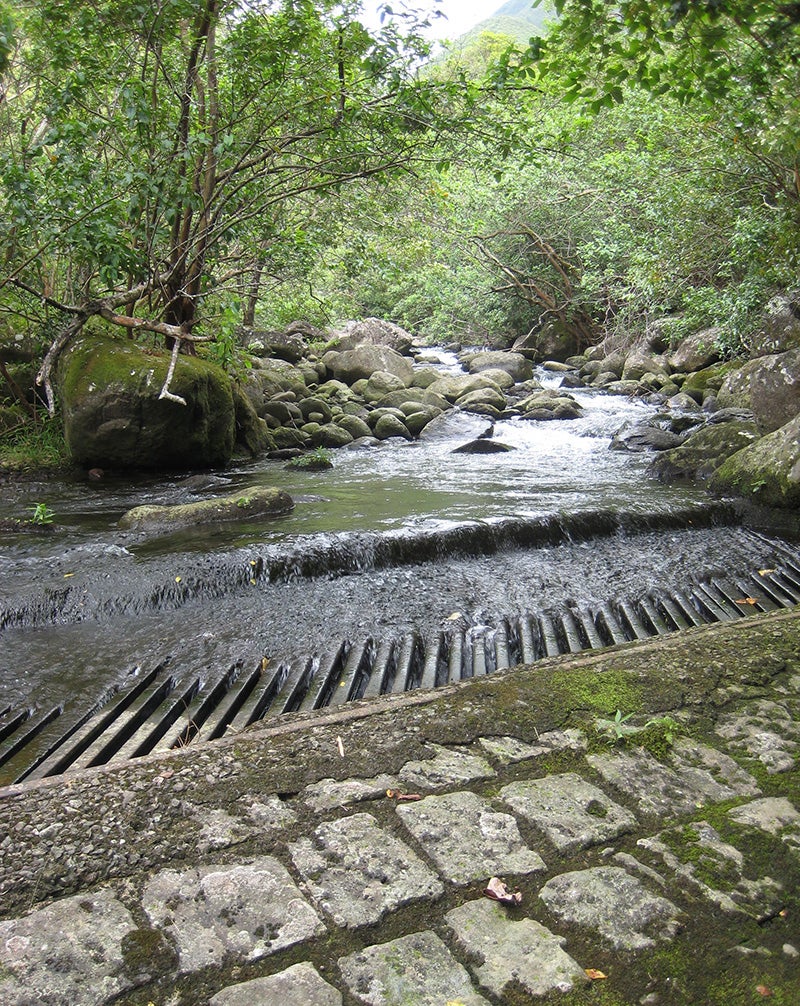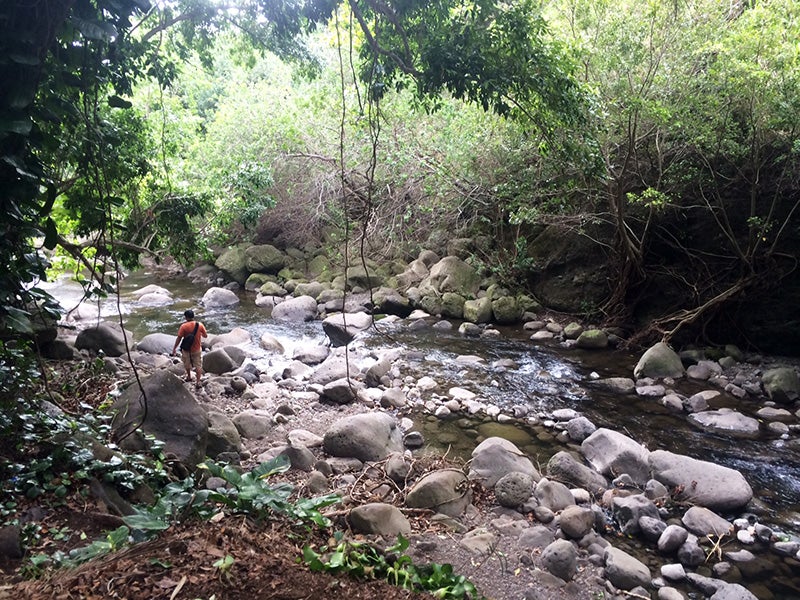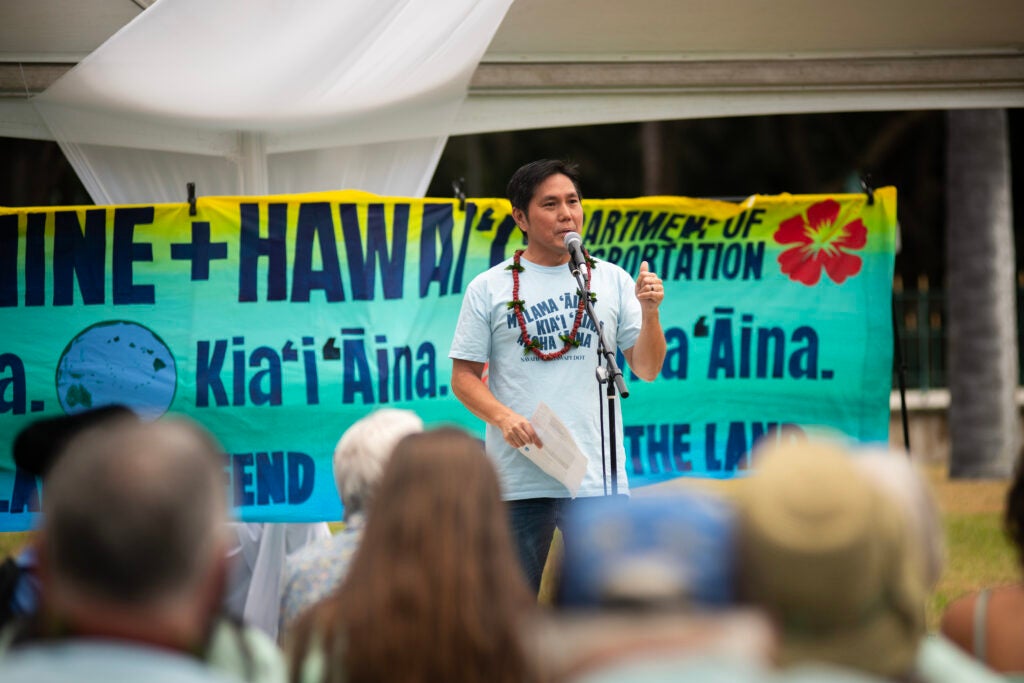Restoring Rivers and Streams in the Hawaiian Islands
Rivers and streams in the Hawaiian Islands are a public trust, and should not be drained dry for private profit and land development.
Regional Office / Program
Case Overview
As the sugar plantation era phased out in Hawaiʻi, the water it had appropriated for a century should have been returned to taro fields and native habitat.
But the plantation companies turned to land development and kept taking the precious water.
A continued series of cases, several of which have gone all the way to the state supreme court, has reaffirmed the legal principle of water as a public trust and methodically succeeded in restoring flows to traditional uses.
“In the end, I believe [the Nā Wai ʻEhā] case will stand as a testament to the staying power of grassroots communities committed to justice and the ability of Earthjustice to champion their cause for the duration.
“We will not rest until justice—and The Four Great Waters of Maui—’roll down like waters, and righteousness like a mighty stream.'” – Isaac Moriwake, Attorney

Case Updates
Case page created on July 24, 2013.

